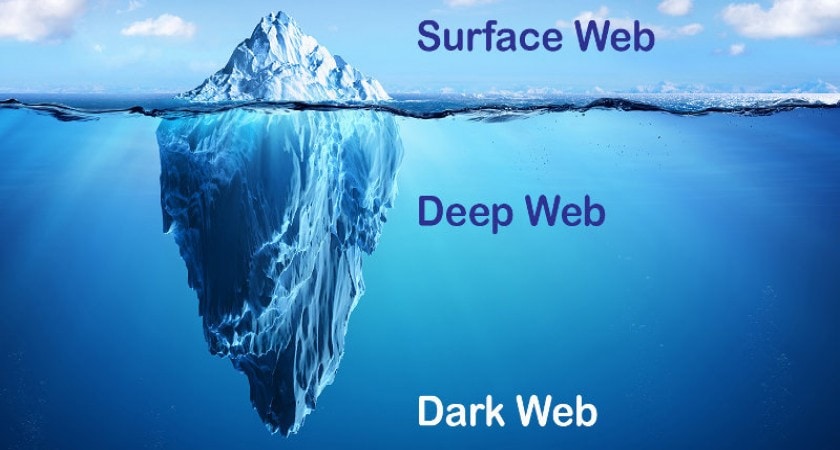The evolution of the internet has witnessed a myriad of events, from developing secure protocols to encrypting communication of data to the development of the TOR network. These events resulted in the creation of individual layers of the internet. Although the distinction between various web layers is very apparent, many people still struggle to find the difference.
For example, the deep web is not the same as the dark web, contrary to popular belief. Today, we will look at the fundamental concepts of surface web dark web, and deep web in this article.
The Surface Web – Public and Searchable Layer
Technically, all the content on the web that is indexed comprises the surface web. According to figures, it is only 4-10% of the entire internet. This layer of the internet is the most popular and gets regulated by open authorities. Content on the surface web is publicly available. Surfing the surface web is very straightforward, where you only need to use a search engine such as Google, Bing, or Duckduckgo to find out blogs, documents, or videos on a specific or broad topic.
How does indexing work?
When you hit the button after inserting a query to your browser’s URL bar or search engine program, the search engine scours its own database to find relevant results. This database is a giant index of information, meaning it holds pointers to different web resources. This index gets regularly updated through a process which is known as indexing. Using modern search algorithms, you can precisely find relevant results in a matter of seconds.
Deep Web – An Obscure Layer
Deep Web includes every resource on the web that a standard search engine like Google or Duckduckgo can not index. These resources build 90-95% of the entire web and are hidden from the public view. Deep web’s content typically has to do with private documents records, and communities. Unlike the surface web, you cannot access the resources without exclusive permission or subscription to the content.
Websites that require unique identifiers like username, phone number, and email fall into this category. These websites also need a password or TOTP as a first or second-factor authentication. The deep web includes services like Netflix, HBO Max, Disney Plus, etc, available only through a subscription and account. The deep web also works as an extensive repository of medical records, legal documents, government-related websites, and educational or library websites.
Dark Web – Searchable, Hidden, and Exclusive Corner of the Web
Although Dark Web or Darknet gets obscured from public view, it is not the same as Deep Web. You can only access this exclusive part of the web using a special browser called the TOR browser. TOR stands for The Onion Router, which leverages a set of intelligent protocols to anonymize the user in the virtual space. In this approach, the user goes through three or more hops via TOR nodes to reach any website. One can visit any website on the surface of the deep web using this browser and its protocols. However, to enter a website on the darknet, one needs to go to a web address that ends with the .onion domain. Unlike .com, .org, and .gov domains .onion domains build the third layer of the net called the dark web. Originally the USA government agencies developed this for military communication, but recently it is infested with criminals, blackhat hackers, and other people with malicious intent. Although this layer has a set of search engines that index major popular websites on the darknet, most websites work with link-exclusive access.
Summing Up
Data extraction from the surface web is the most effortless one and can be automated. On the other hand, manual data extraction or automated web scraping are viable methods for deep web data extraction. These two layers can be safely browsed by following the best OpSec (Operation Security) practices. While accessing the Dark Net requires technical expertise, so that one doesn’t fall prey to hackers and criminals. However, if you want privacy and anonymity using the TOR network for browsing the surface or deep web is a recommended choice by cyber security professionals. So, remember not to launch any .onion site, and you are good to go.
